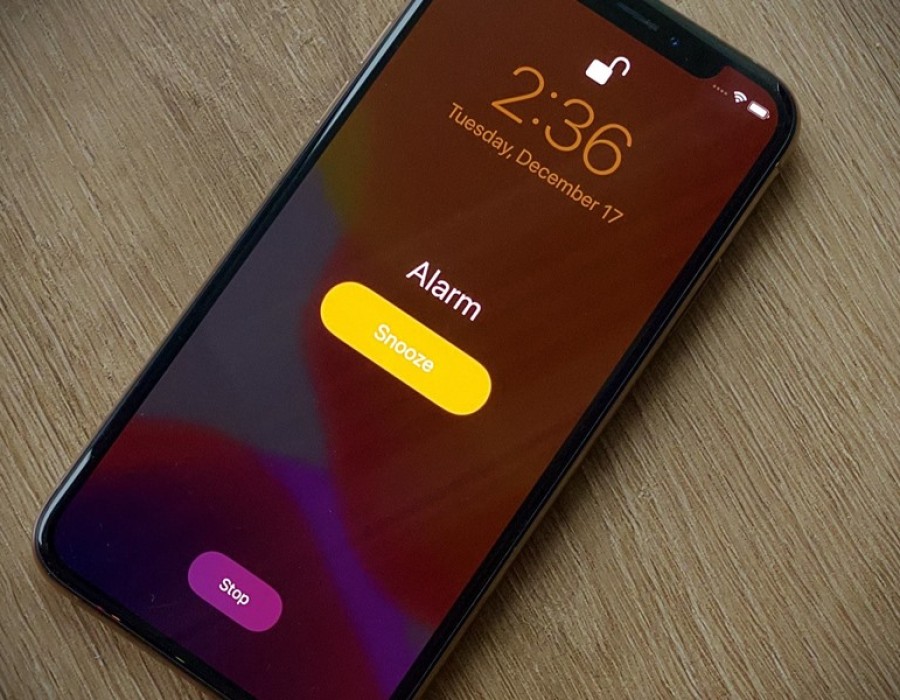iPhones are known for their sleek design and user-friendly interface, but sometimes certain features may not work as expected, leaving users puzzled. One common question is why does the alarm go off during a call on iPhone even when you have the "Do Not Disturb" (DND) mode activated, especially while you’re on a call.
1. Understanding "Do Not Disturb" Mode on iPhone
The "Do Not Disturb" (DND) feature on iPhones is designed to silence notifications, calls, and alerts that might interrupt you. When activated, it can either mute all notifications or allow exceptions based on your preferences. For example, you can set it to allow calls from specific contacts or repeat callers in case of an emergency.
However, the DND feature does not impact alarms. Here’s why:
2. Alarms Are Treated Differently
The iPhone’s alarm system operates separately from other notifications. Alarms are seen as a priority alert by the iOS operating system. This is because alarms are typically tied to user-set reminders, like waking up at a specific time, reminding you of appointments, or other critical functions.
In contrast to text messages, calls, or app notifications that are muted during DND mode, alarms are allowed to ring regardless of whether DND is turned on. This is a deliberate design choice to ensure that users are not late for important events or meetings.
3. The Role of the Alarm App
The built-in Clock app on iPhones is programmed to ensure that alarms go off even in situations where notifications are silenced. iOS prioritizes alarms as a form of system alert, meaning they are exempt from the Do Not Disturb settings. This ensures that you won’t miss an important alarm, such as for waking up or reminders.
4. What Happens During a Call?
When you’re on a phone call and an alarm goes off, it can be quite distracting, especially if the alarm is loud. While you're on a call, the alarm still rings at its full volume unless you silence it manually. This happens because calls do not automatically silence system alarms, which are treated as higher-priority alerts.
If you're using an iPhone and you have a scheduled alarm, it will interrupt the call unless you manually silence it or dismiss the alarm from your screen. It’s important to note that this behavior can also occur during FaceTime calls, as alarms do not differentiate between regular calls and FaceTime calls.
5. How to Manage Alarms During Calls
While you can’t completely stop the alarm from ringing when you’re on a call, there are a few ways to better manage how the situation unfolds:
- Silence the Alarm Manually: You can quickly dismiss or snooze the alarm when it rings, though this requires your attention during the call.
- Use the “Bedtime” Feature (for Waking Alarms): If your primary concern is an alarm waking you up during a call, consider using the Bedtime feature in the Clock app. You can set a more gradual wake-up sound, which might be less intrusive during calls.
- Use the “Silent” Option for Alarms: For alarms that aren’t critical (like reminder alarms), consider silencing them during calls by setting a custom tone or using the mute switch on your iPhone during meetings or conversations.
- Use Do Not Disturb During Specific Hours: If you know you’ll be on a call during specific hours, you can manually enable DND during those periods, but remember, alarms will still ring.
6. Future iOS Updates?
Apple continuously refines the iOS operating system with user feedback. It's possible that in future updates, there could be more control over how alarms behave during calls, especially in scenarios where they are disruptive. However, as of now, the system is designed to prioritize alarms over notifications to ensure you don't miss them.
Conclusion
The alarm ringing even when the "Do Not Disturb" mode is activated on your iPhone happens because the system treats alarms as a high-priority alert. This is to ensure that you don’t miss important reminders, like waking up for a meeting or appointment, even if you're on a call. While it might be an inconvenience at times, you can use various features like silencing alarms manually or setting them to more subtle sounds to manage the situation.





Comments